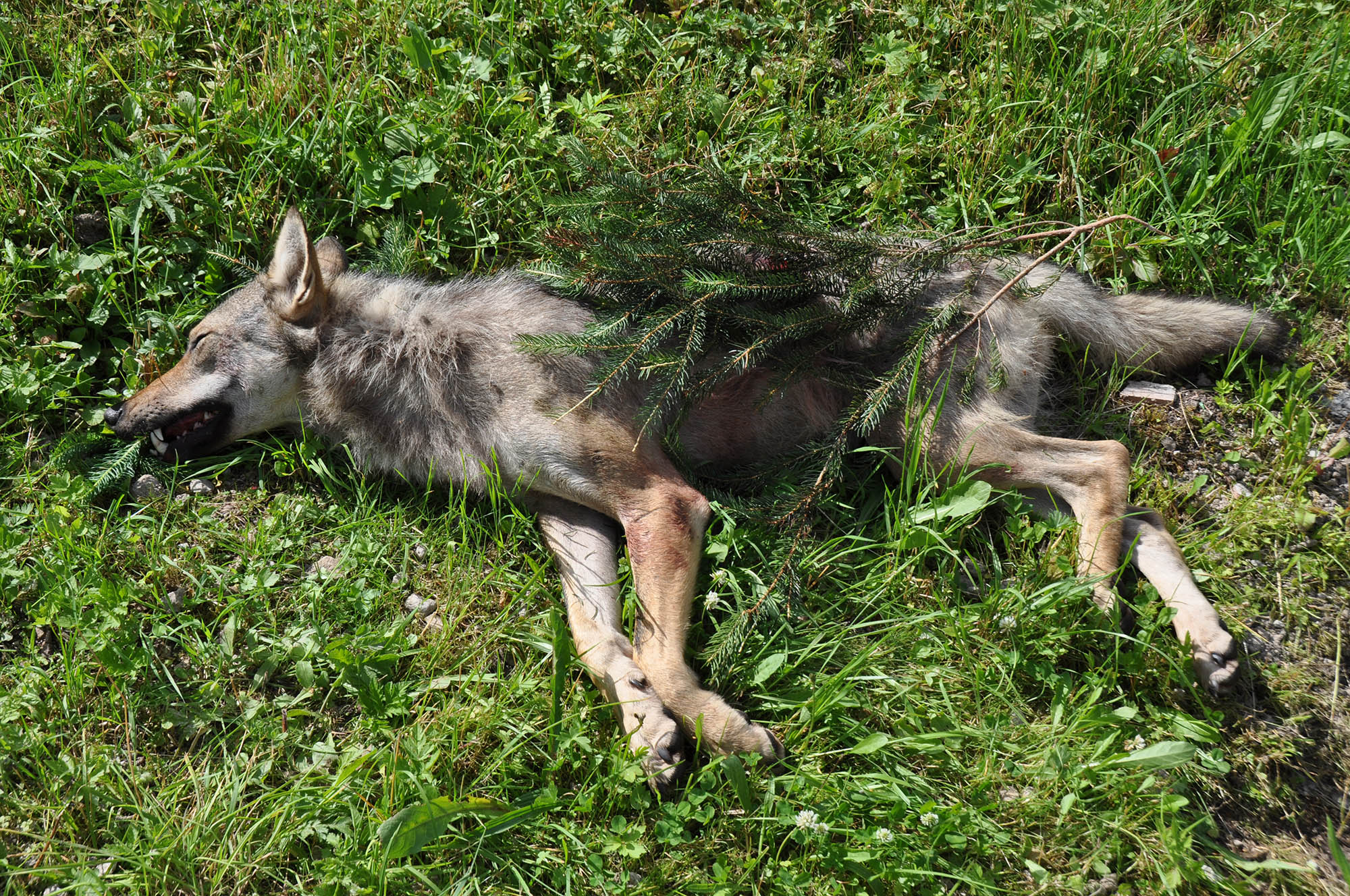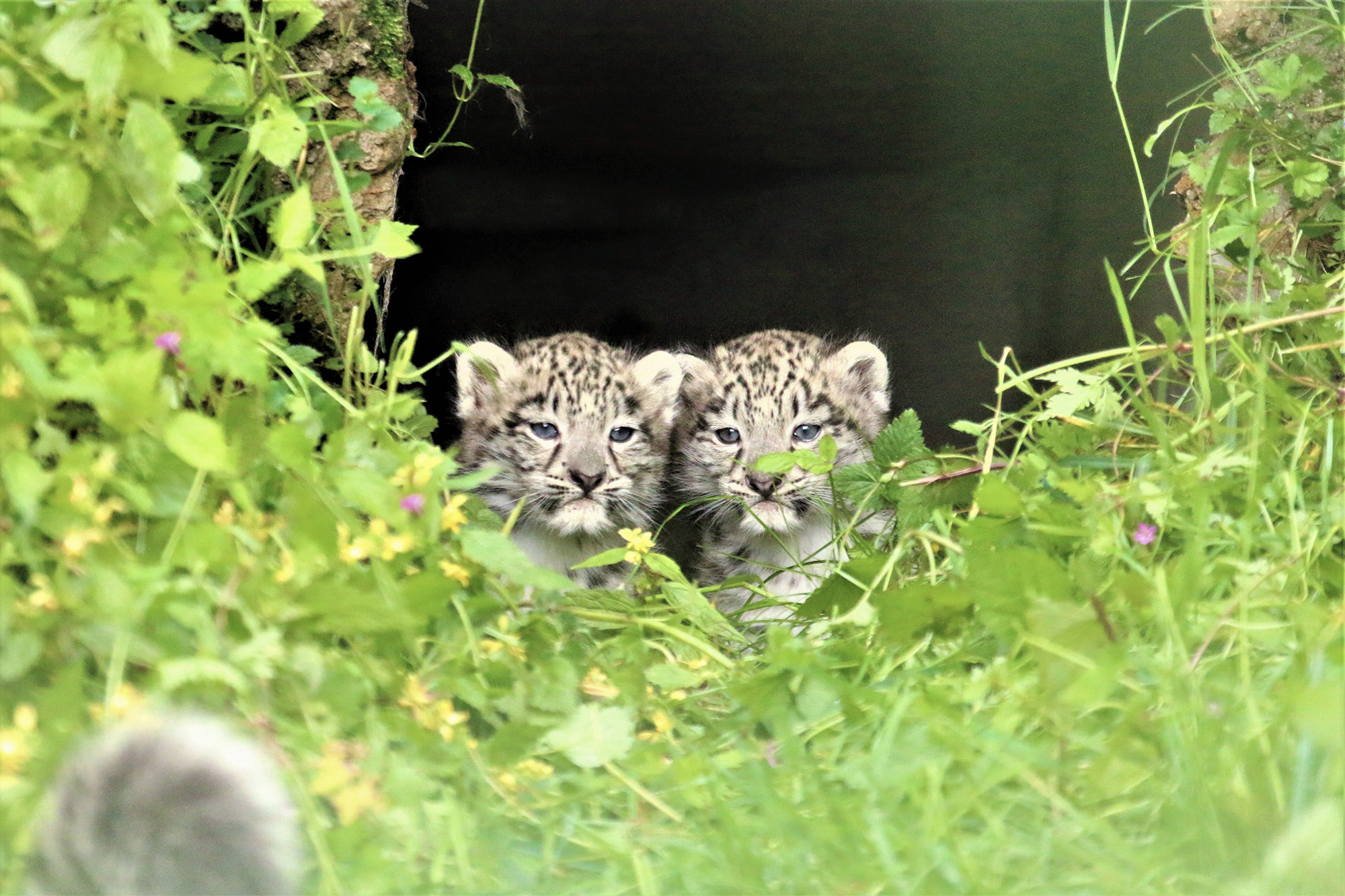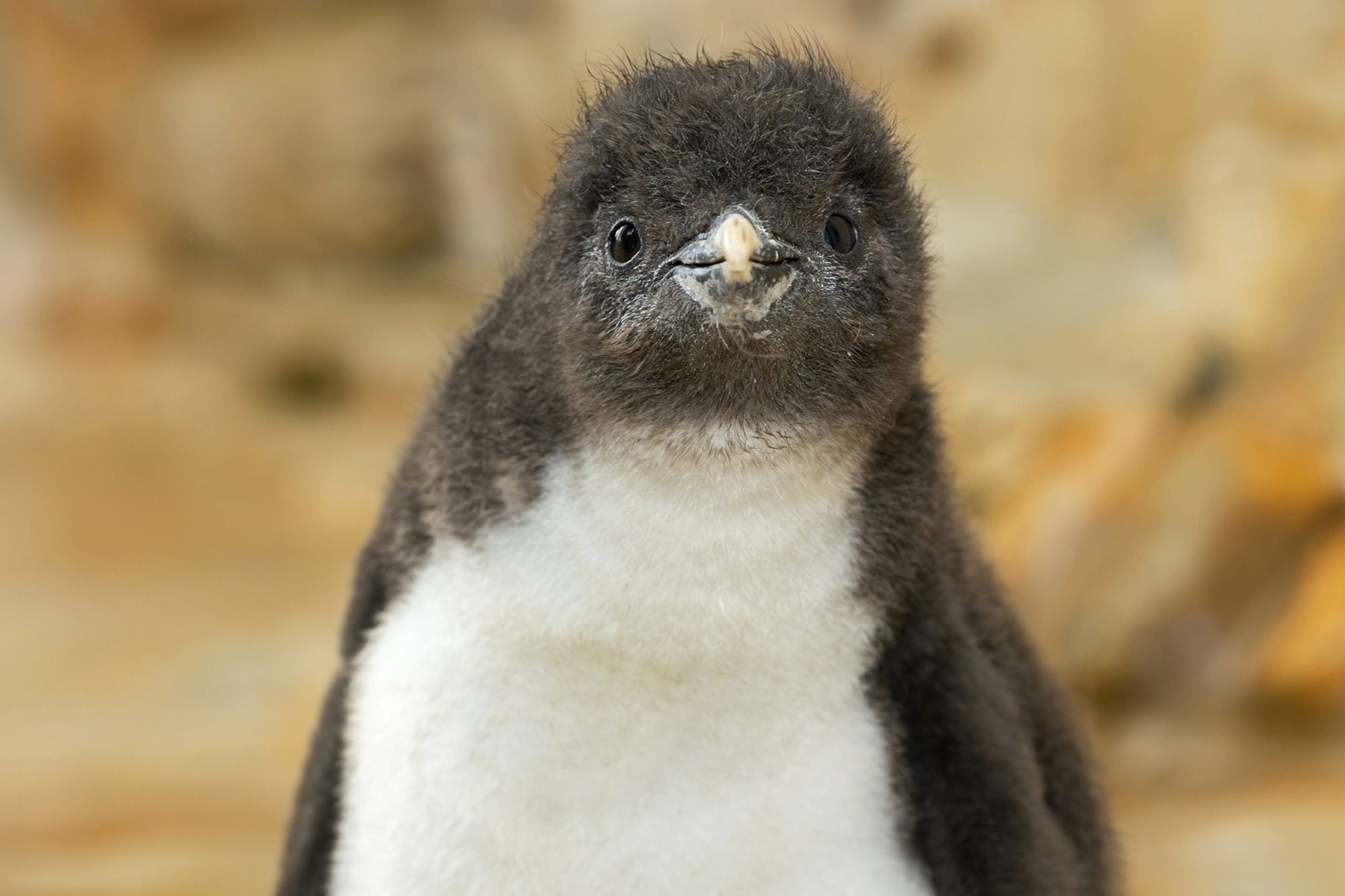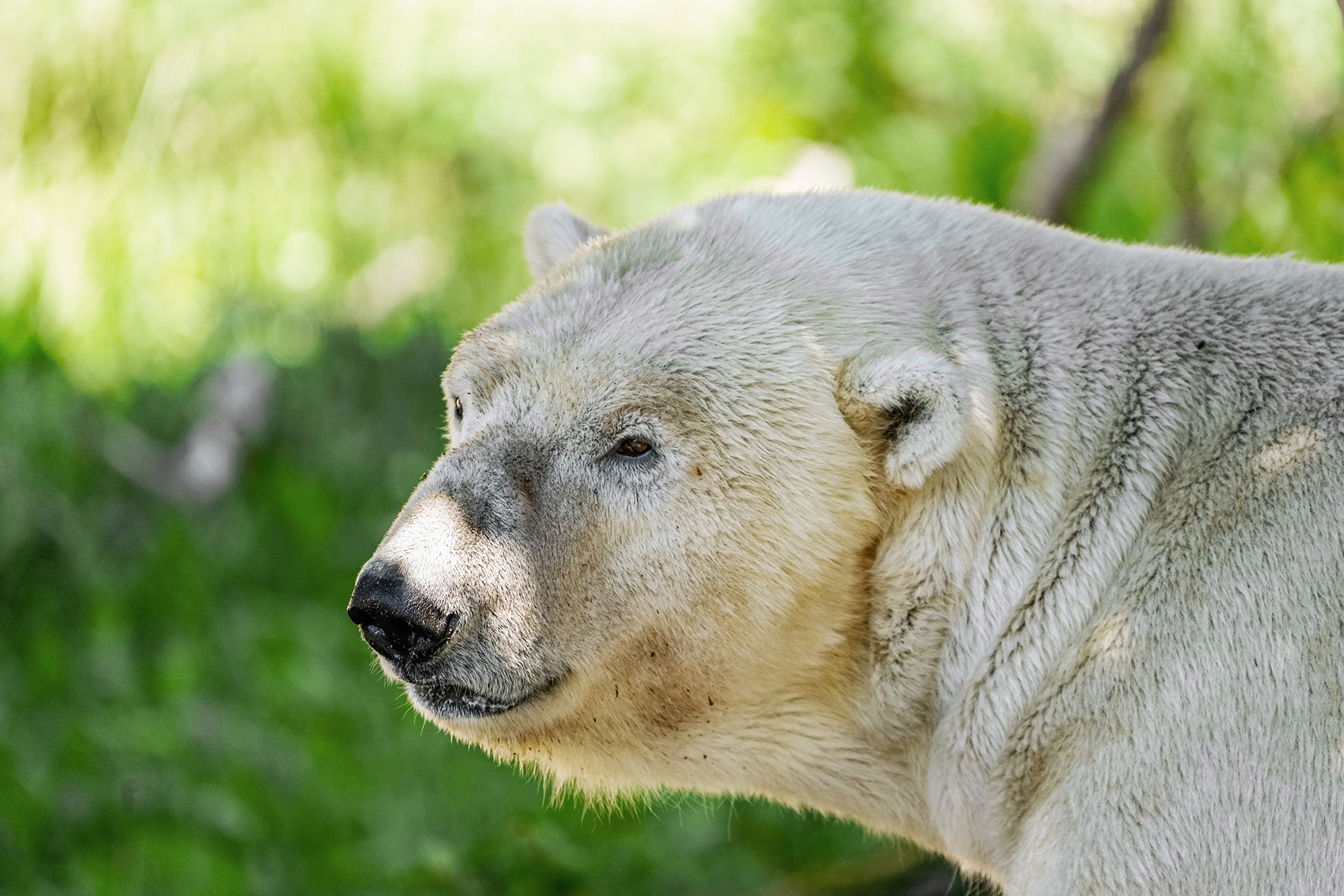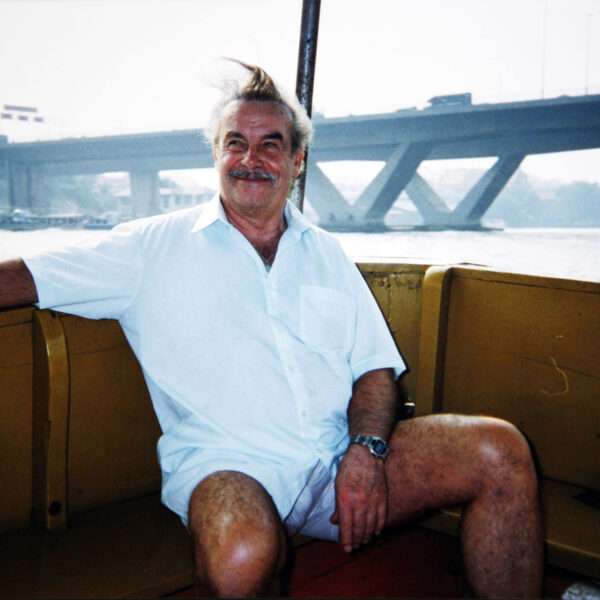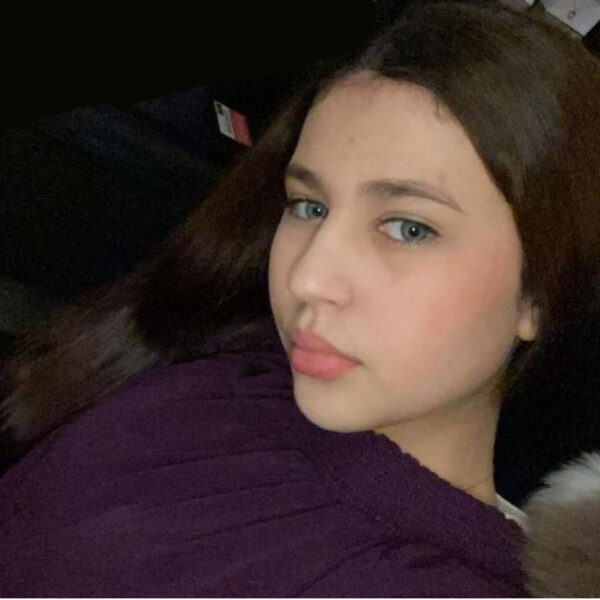Bosses Ban Animal Fans From Naming Newborns
Zoo chiefs in Austria have banned members of the public from naming adorable newborns because they think it trivialises the fight for endangered species.

Bosses at Scheonbrunn Zoo in Vienna used to filter tens of thousands of name ideas from around the world every time a new cub or calf was announced.
Now po-faced managers have told animal fans to keep their suggestions to themselves from this month on.
Despite the strong public enthusiasm for animal naming, they claim it detracts from the zoo’s main purpose of saving species from extinction.
In the past, some suggestions have included a male seal called Comandante, a panda cub named Yang Yang and a giraffe calf called Amari.
Officials say that from this month (July) only keepers will name new zoo offspring but they will not announce them to the public.
Head of press Johanna Bukovsky told Newsflash: “That doesn’t change at all. This is crucial for the daily work of our animal keepers, but also a sign of solidarity with our animals, which are enormously important to us.”
She explained: “Schoenbrunn Zoo now wants to concentrate more on its main task, species conservation.
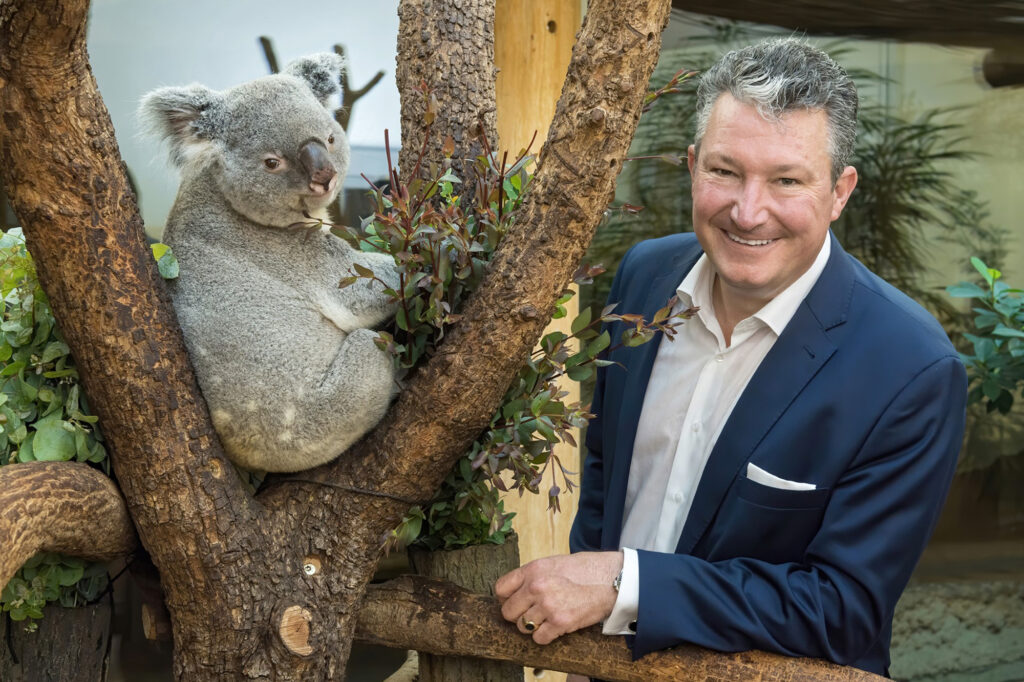
“We need to focus even more on this explosive topic.”
Zoo bosses believe that by giving zoo creatures human names people will ignore their plight in the wild.
She said: “By making animals less individualised, we put the emphasis in communication on the species and raise awareness of their urgent protection before some of them may disappear from our planet forever.”
Naming appeals, she said, can shun species like lizards and insects because people are drawn to cuddly mammals.
She said: “Naming has only ever been an issue for a select number of animals.
“In the case of giraffes, orangutans or tigers, we are asked for names, but not in the case of a fire salamander.
“But we should not judge animals. The fire salamander in particular needs our emotions and, as a result, our protection, in the middle of the great amphibian extinction.”

Zoo director Stephan Hering-Hagenbeck added: “As a result, in our opinion, animals are valued differently – but they all need our protection and the same care.
“As an educational institution, Schoenbrunn Zoo would like to counteract this form of humanisation in the future – and therefore no longer actively communicate animal names in the future.
“We are currently experiencing the greatest extinction of species in human history.
“Some animal species currently only exist in human care. Many others have already disappeared from this planet forever.”
Bukovsky hoped that the changes will help bring the urgency of species protection even further into focus.
She argued: “Because it is our obligation as a scientifically managed zoological garden to preserve as many species as possible on our planet and for this we need the support of each individual.”

